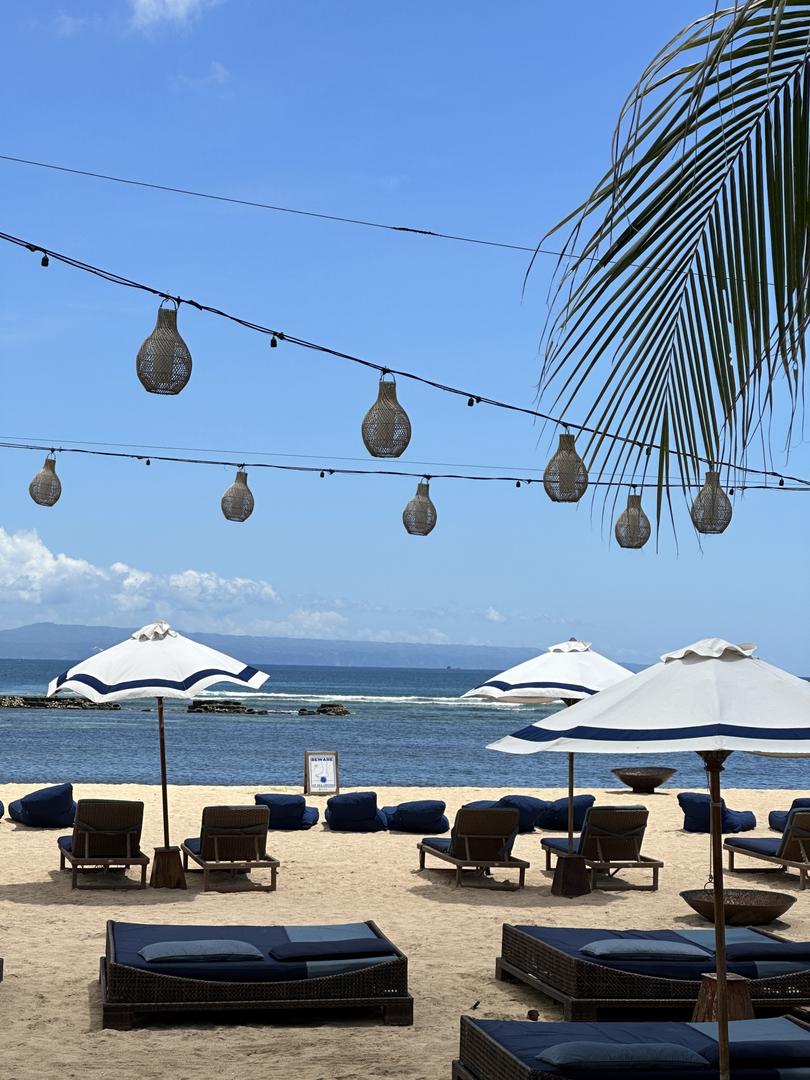Australians warned of dengue fever surge in Bali ahead of popular tourism season
Aussies planning trips to Bali are being warned of the surge in dengue fever cases derived from mosquito bites ahead of the tourist hotspot’s high season.

Aussies planning trips to Bali are being warned of the surge in dengue fever cases ahead of the tourist hotspot’s high season.
WA Health implores travellers to take preventative measures against infection after most of the State’s 138 recorded cases in 2024 were acquired in Indonesia.
Already double those recorded in the same period last year, the popular tourism nation reported 60,000 cases in 2023.
Dengue virus is transmitted via the bite of infected mosquitoes.
ROAM. Landing in your inbox weekly.
A digital-first travel magazine. Premium itineraries and adventures, practical information and exclusive offers for the discerning traveller.
By continuing you agree to our Terms and Privacy Policy.In most cases sufferers will experience mild to no symptoms, however, those infected a second time will be at a greater risk of severe disease which could be terminal.
Dr Jelena Maticevic, Communicable Disease Control’s Acting Director, encouraged travellers to protect against mosquito bites when visiting Bali and high-risk nations.
“Dengue fever is spread through mosquitoes which tend to bite during the day and are usually found around buildings in urban or semi-urban areas.” Dr Maticevic said.
“Symptoms of dengue fever may include fever, rash, headache, fatigue, and joint and muscle pain, with more severe disease presenting with abdominal pain, vomiting, and bleeding from the gums or nose.
“There is no specific treatment for this illness, however, the risk of contracting dengue fever can be significantly reduced by protecting against mosquitoes when travelling overseas.”

WA Health has offered steps to prevent the threat of mosquito bites:
- Avoid areas of high mosquito activity.
- Wear long, loose-fitting, light-coloured clothing.
- Apply a chemical-based insect repellent containing DEET, picaridin or Oil of Lemon Eucalyptus (OLE), also known as PMD.
- Sleep under a bed net, preferably one treated with an insecticide.
- Close all doors and windows if they do not have insect screens.
- Request hotel rooms be sprayed for mosquitoes if you notice them.
For further advice on overseas travel, visit www.smartraveller.gov.au.
Originally published on The Nightly
